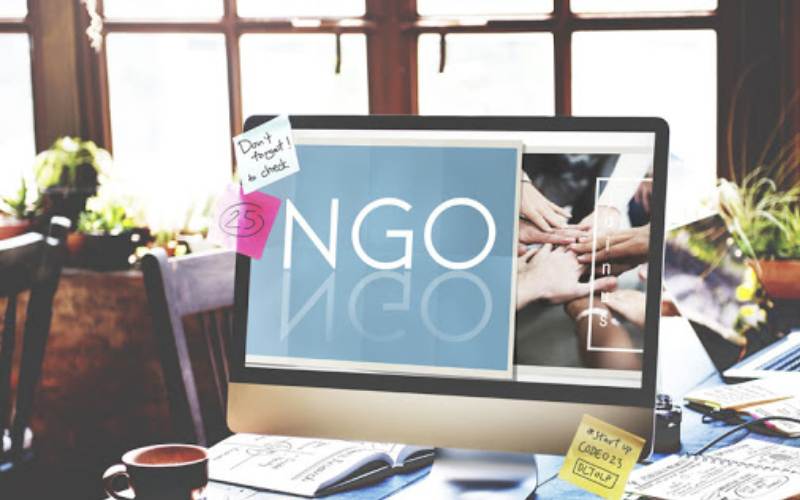
2021 is significantly historic in several ways. Exactly three decades ago, non-governmental organisations (NGOs) became central to protecting the right to association and Kenyan political economy. Given their influential role in constitution-making and governance reform historically, why have they been relatively so absent from this Building Bridges Initiative moment?
Perhaps it is time to reimagine their civic leadership role nationally and internationally. The NGO Coordination Act was passed on January 14, 1991. For 30 years, it has been the legal tool for controlling activities of an emerging sector of well-resourced, professional and activist organisations.